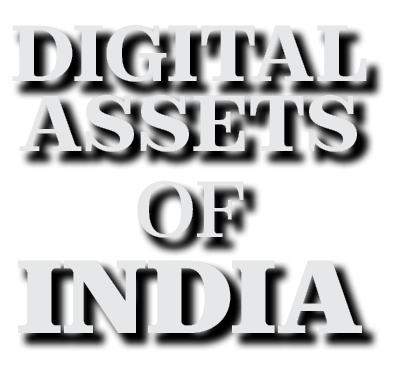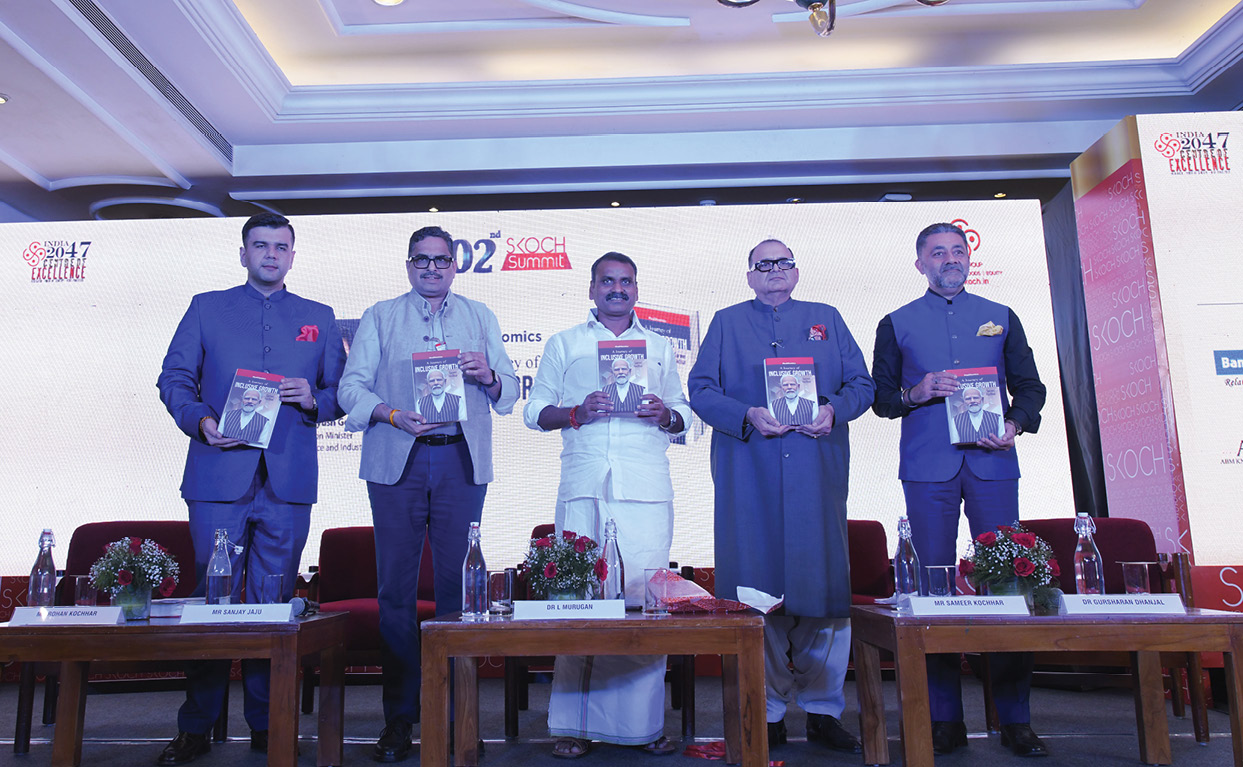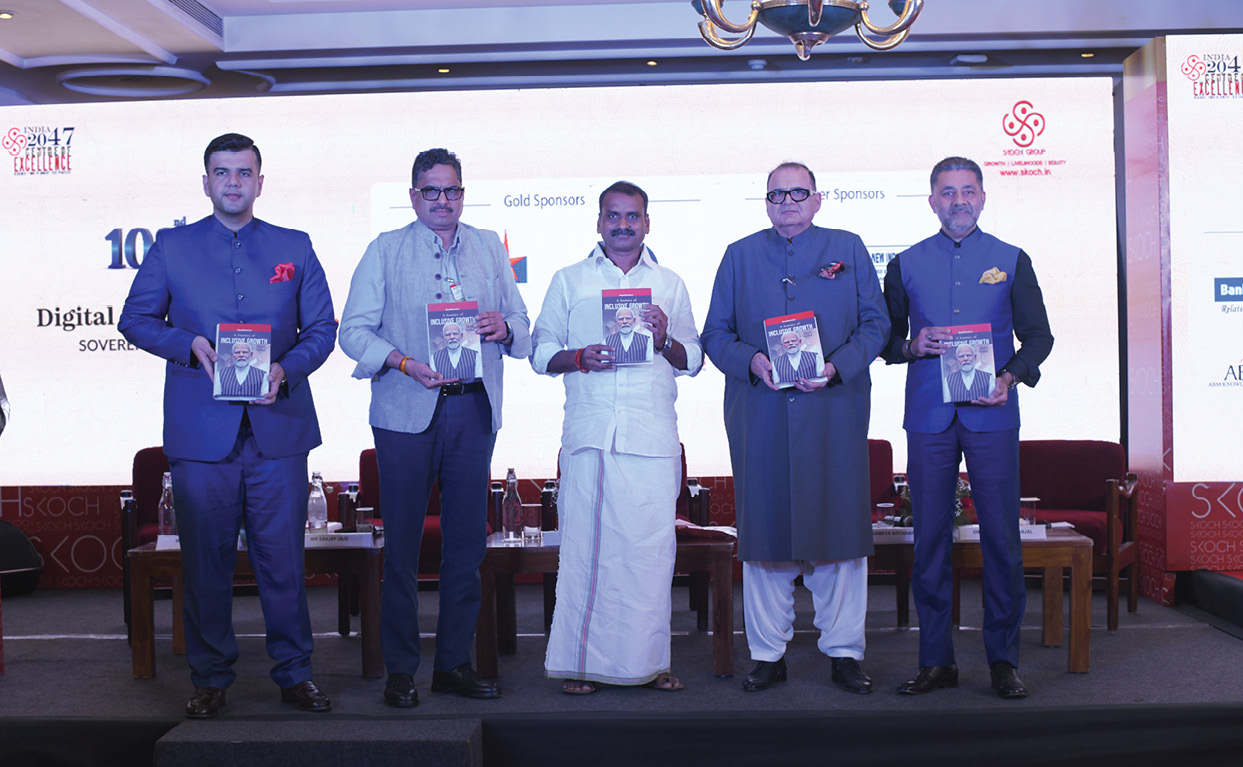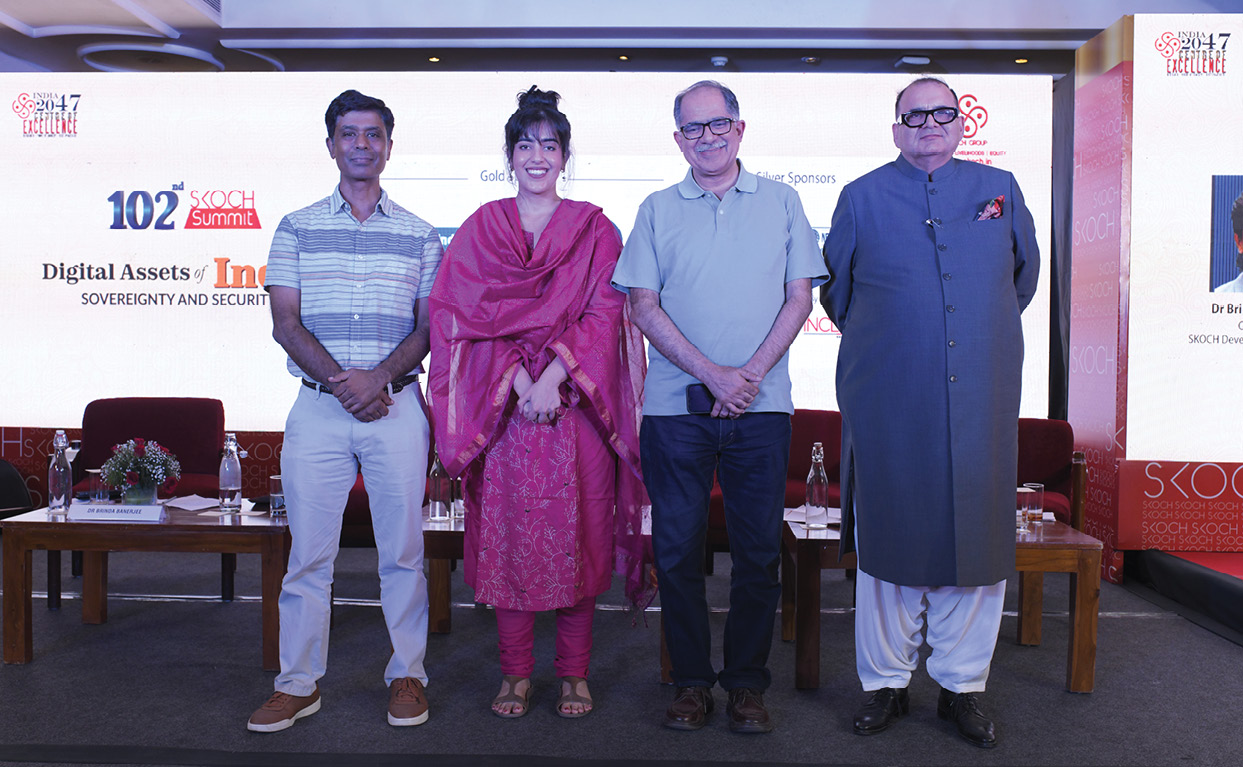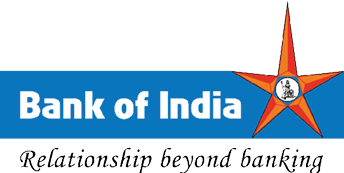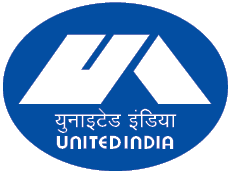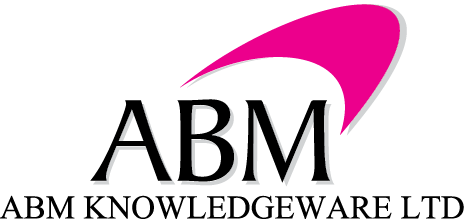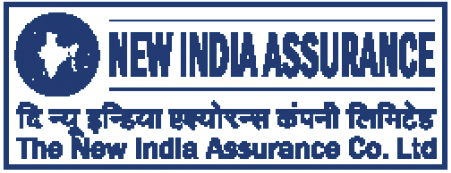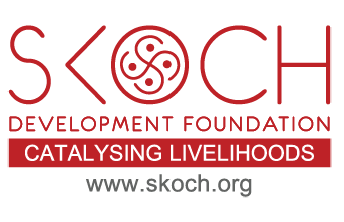About
“Digital Assets of India: Sovereignty and Security” will explore the critical questions surrounding India’s digital future. As the nation rapidly digitises, safeguarding data, infrastructure, and digital resources becomes central to both national security and economic resilience. This conference provides a timely platform to discuss how India can strengthen sovereignty in the digital domain while fostering innovation and trust.
The deliberations will highlight the opportunities and challenges of managing digital assets in an interconnected world—ranging from cybersecurity and quantum technologies to capacity building and policy frameworks. With participation from senior policymakers, technology leaders, and development institutions across the country, the summit aims to generate actionable insights for securing India’s digital landscape.
By examining the intersection of technology, governance, and national interest, the dialogue will contribute to shaping strategies for a robust, secure, and inclusive digital ecosystem as India moves towards 2047.
ModiNomics – A Journey of Inclusive Growth
Marking 25 years of Prime Minister Narendra Modi in public office, ModiNomics – A Journey of Inclusive Growth offers a definitive account of his governance and economic philosophy. From Jan Dhan to Ujjwala, Swachh Bharat to Digital India, it explores how millions were brought into the mainstream of development with speed and scale.
The book examines both the vision and the outcomes—financial inclusion, welfare delivery, infrastructure, and digital empowerment—that have shaped India’s transformation. It asks the vital question: has Modi delivered on the promise of inclusive growth, and how far has India travelled on this journey?
Accessible yet analytical, this is not only a chronicle of policy innovations but also a verdict on their impact. A compelling read for policymakers, scholars, business leaders, and citizens alike, ModiNomics captures India’s story of ambition, resilience, and inclusive progress under Modi’s leadership.
Arrival, Tea, Meet and Greet
Book Release: ModiNomics - A Journey of Inclusive Growth
Welcome & Opening Remarks: Mr Rohan Kochhar, Founder, SKOCH Law Offices
Summary: Mr Rohan Kochhar introduced Modinomics: A Journey of Inclusive Growth by Sameer Kochhar, presenting it as a comprehensive account of Prime Minister Narendra Modi’s 25 years in governance. The book traces how policies like Jan Dhan, Ujjwala, Swachh Bharat, electrification, and digital empowerment brought development to the last mile. It also evaluates macroeconomic reforms such as GST and IBC while questioning whether growth has been truly inclusive, offering both a chronicle and a verdict on India’s evolving development story.*
View Full Transcript

Introduction by Author: Mr Sameer Kochhar, Chairman, SKOCH Group
Summary: Mr Sameer Kochhar reflected on his journey as a reforms historian and the evolution of Modinomics, tracing its roots to 2013 when he first coined the term. He highlighted Prime Minister Modi’s focus on combining economic and governance reforms to ensure inclusive growth through initiatives like Jan Dhan, Mudra Yojana, Digital India, and DBT. Kochhar shared his writings documenting this transformation, emphasizing job creation, livelihoods, and improved quality of life as central to Modi’s 25 years in public service. His latest book, Modinomics: Journey of Inclusive Growth, compiles these insights and real-life stories of impact.*
View Full Transcript
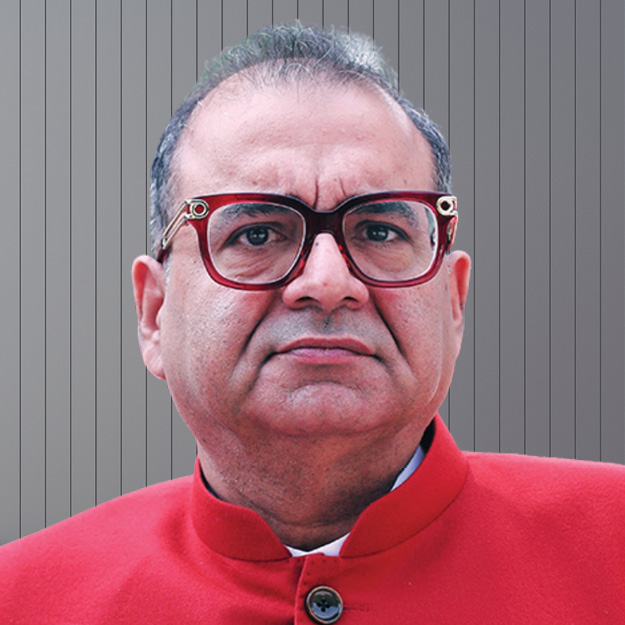
Book Release by Chief Guest: Dr L Murugan, Minister of State, Ministry of Information & Broadcasting
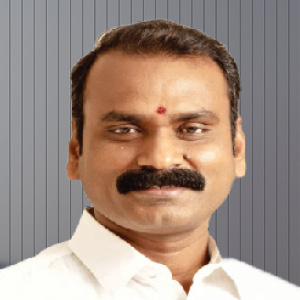
Address by Guest of Honour: Mr Sanjay Jaju, Secretary, Ministry of Information & Broadcasting
Summary: Mr Sanjay Jaju praised the release of Modinomics: Journey of Inclusive Growth as timely during Seva Pakhwada, calling it a valuable documentation of Prime Minister Modi’s 25 years in public service. He highlighted visible transformations in villages—housing, electrification, sanitation, health, and DBT-driven welfare—showing inclusive growth at the grassroots. Stressing the importance of documenting good governance, he lauded Sameer Kochhar’s role as a “reforms historian” and urged readers to engage with the book as a resource for research and learning.*
View Full Transcript
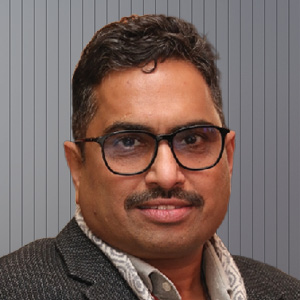
Keynote by Chief Guest: Dr L Murugan, Minister of State, Ministry of Information & Broadcasting
Summary: Dr L Murugan hailed Modinomics as a historic account of Prime Minister Modi’s 25 years in governance, combining economic reforms with social welfare. He emphasized how schemes like Jan Dhan, Ujjwala, Beti Bachao, PM Awas, and Garib Kalyan Yojana lifted 25 crore people out of poverty. Highlighting digital payments reaching even remote villages, he underlined how trust between government and citizens has fueled transformation. He concluded with confidence that these initiatives are steering India toward Viksit Bharat 2047.*
View Full Transcript

Vote of Thanks: Dr Gursharan Dhanjal, Vice Chairman, SKOCH Group
Summary: Dr Gursharan Dhanjal described Modinomics 2 as the evolution of Gujarat’s model into an “India model” of inclusive growth. He emphasized that the book is built on firsthand interactions with beneficiaries rather than secondary references, making its 700+ pages a people-centric narrative. Highlighting schemes like Ujjwala, he explained how they deliver multi-dimensional benefits—health, environment, time, and dignity—especially to those at the margins. He praised Sameer Kochhar’s effort in capturing 25 years of transformation as an authentic chronicle of change.*
View Full Transcript
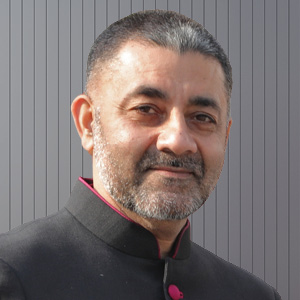
Digital Assets of India: Sovereignty and Security
Digital Assets of India: Sovereignty and Security
Welcome: Dr Brinda Banerjee, Consultant, SKOCH Development Foundation
Summary: Dr Brinda Banerjee highlighted India’s fast-growing digital economy, contributing nearly 12% of GDP and powered by 900 million internet users, making data a vital national asset. She stressed that data sovereignty, cybersecurity, and AI readiness are central to national security and development, but gaps remain in governance and citizen-level protections. She pointed to quantum technology as the next major inflection, urging strong industrial capacity, careful digital trade negotiations, and policy flexibility to safeguard sovereignty while driving innovation.*
View Full Transcript
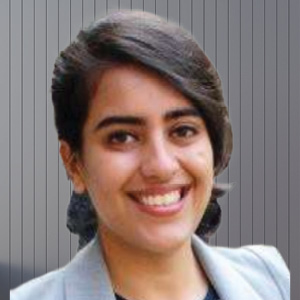
Mr L Venkata Subramaniam, Quantum India Lead, IBM
Summary: Mr L Venkata Subramaniam warned that quantum computing threatens current encryption—what today’s supercomputers would take billions of years to break could take hours on a quantum machine—putting everything from banking and communications to missile guidance at risk. He stressed cyberattacks are already real and growing (citing airport disruptions), and highlighted India’s immediate move to form a DST committee to secure digital assets and prepare post-quantum defenses. The talk urged urgent national action on encryption, cyber hygiene, and safeguarding critical infrastructure to preserve sovereignty and security.*
View Full Transcript

Mr Sharad Sharma, Co-Founder, iSPIRT Foundation
Summary: Mr Sharad Sharma stressed that India must move beyond being a “job shop” economy to avoid the middle-income trap and instead focus on creating distinctive technologies and global product companies. He highlighted the need for ecosystem-driven innovation—linking research, markets, and policymaking—rather than relying solely on services or bureaucracy-led projects. Citing India Stack as a model, he urged building “Triple Helix” ecosystems, stronger R&D investment, and technocrat-led moonshot initiatives. He concluded that India must unlearn old siloed approaches and embrace a new playbook to achieve developed nation status by 2047.*
View Full Transcript
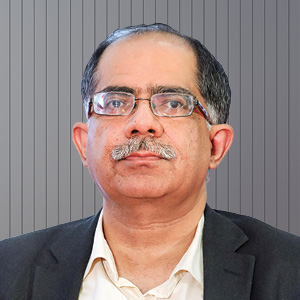
Summation: Dr Brinda Banerjee, Consultant, SKOCH Development Foundation

| S.No | Participating Organisations |
|---|---|
| 1 | Bank of India |
| 2 | United India Insurance Company Limited |
| 3 | Andhra Pradesh Industrial Infrastructure Development Corporation |
| 4 | Andhra Pradesh State Road Transport Corporation |
| 5 | Ayush Department, Government of Madhya Pradesh |
| 6 | ARTPARK-IISc, Karnataka |
| 7 | Bengaluru Traffic Police, Government of Karnataka |
| 8 | Chief Commissioner of Land Administration (CCLA), Andhra Pradesh |
| 9 | Commissionarate of Agriculture, DoA Maharashtra State |
| 10 | Commissionerate of Revenue, Government of Karnataka |
| 11 | Department of Agriculture, Government of Bihar |
| 12 | Department of Agriculture, Government of Rajasthan |
| 13 | Department of Disaster Management, Relief and Rehabilitation, Government of Maharashtra |
| 14 | Department of Horticulture, Andhra Pradesh, District Ananthapuramu |
| 15 | Department of Horticulture, Government of Rajasthan |
| 16 | Department of Information Technology & Communications, Government of Rajasthan |
| 17 | Department of Women & Child Development, Government of Odisha |
| 18 | Directorate of Information Technology, Government of Tripura |
| 19 | Directorate of Medical & Rural Health Services, Chennai, Tamil Nadu |
| 20 | Directorate of Social Justice, Government of Kerala |
| 21 | Emerging Technologies, Information Technology, Electronics & Communication Department, Government of Telangana |
| 22 | Finance Department, Government of Rajasthan |
| 23 | Horticulture and Food Processing Department, Guna, Madhya Pradesh |
| 24 | Information Technology Electronics and Communication Department |
| 25 | Inspector General of Police, Junagadh Range |
| 26 | Irrigation Department, Government of Assam |
| 27 | Kerala Development & Innovation Strategic Council (K-DISC) |
| 28 | Kerala Rural Water Supply & Sanitation Agency |
| 29 | Maharashtra Industry, Trade and Investment Facilitation Cell (MAITRI) |
| 30 | Maharashtra Motor Vehicles Department |
| 31 | Maharashtra State Rural Livelihood Mission |
| 32 | Metropolitan Transport Corporation (Chennai) Limited |
| 33 | Nagar Palika Parishad Joshimath |
| 34 | Panchayats & Rural Development Department, West Bengal |
| 35 | Police Department of Visakhapatnam City |
| 36 | School Education Department, Government of Rajasthan |
| 37 | Semiconductor Fabless Accelerator Lab - SFAL, Karnataka |
| 38 | Survey Settlements and Land Records, Government of Andhra Pradesh |
| 39 | Tamil Nadu Pollution Control Board |
| 40 | Transport Department, Government of Sikkim |
| 41 | UP Police Recruitment and Promotion Board |
| 42 | Women and Child Development Department, Government of Haryana |
